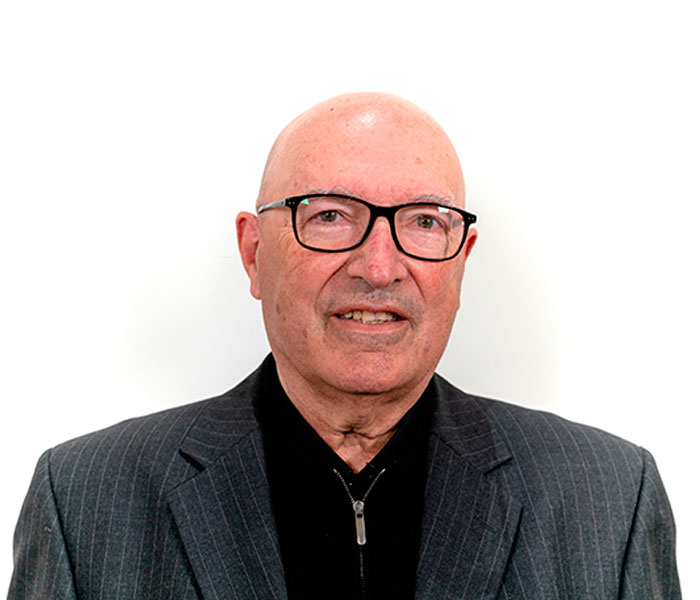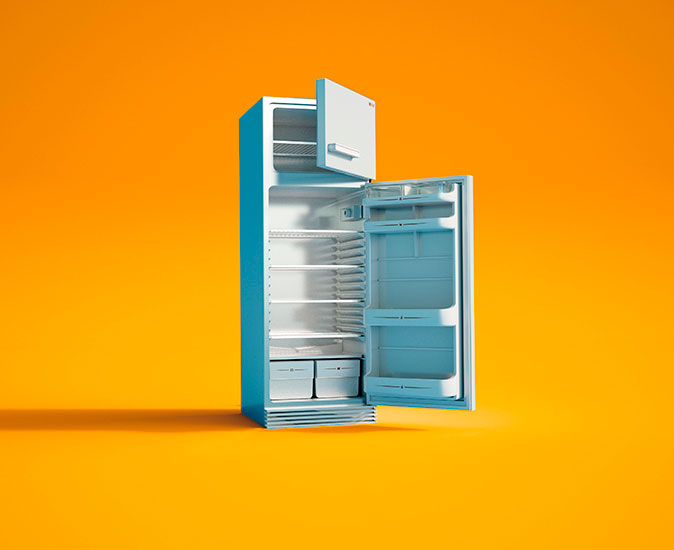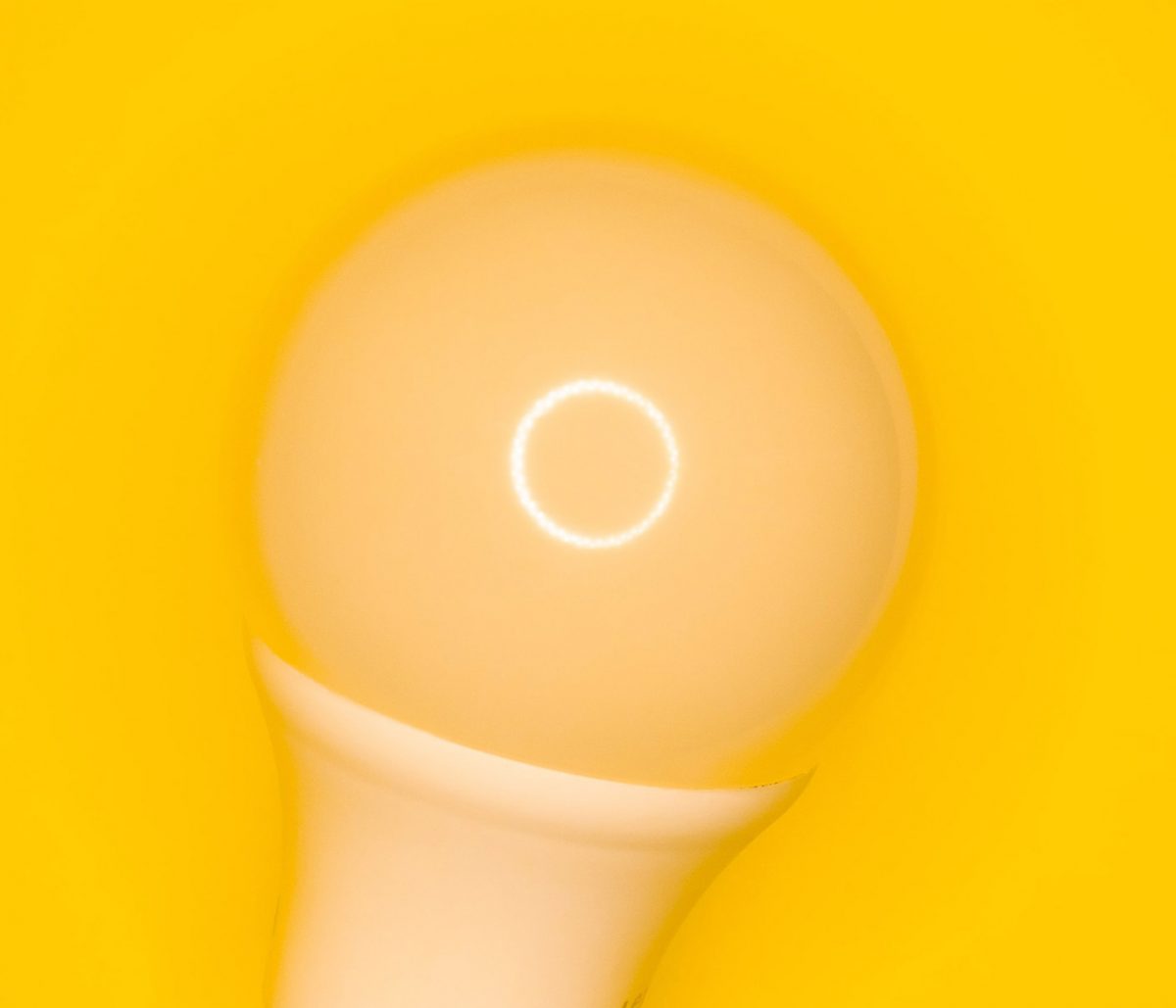
Every great story has a great beginning
Joan Riba – General Manager 2005-2011
Joan Riba was the first general director of the Ecotic Foundation, facing the challenge of taking the first steps in a new sector of activity called to be a pillar of the future of the circular economy.

1. How did the Ecotic Foundation project start? What was its start-up like?
Ecotic was set up in 2002 in the heart of the association of an electronics products manufacturers called ANIEL, later to be named AETIC. Following Directive 2002/96 / EC on waste electrics or electronic equipment (WEEE), the associated manufacturers in ANIEL decided that same year to create working groups to analyse and evaluate the actions and decisions to be taken to assume responsibilities, as companies and as a sector, for compliance with the Directive.
One of the working groups, Consumer Electronics, with headquarters in Barcelona, set up the SIGEC, Consumer Electronics Integrated Management System, which was to be the embryo of Ecotic. The main aim was for the system to be managed by personnel and companies from the sector, as companies should finance its management.
From the start, companies and Foundation’s Board of Trustees were fully committed to the management team . During this period, the Spanish Association of Air-Conditioning Manufacturers (AFEC) with the support of SIGEC, created the working group SIGCLIMA which was integrated into the system.
Although SIGEC was initially limited to the companies in the consumer electronics sector. Later, and due to needs of the member companies and to the needs of the retailing sector , which was also affected by the European Directive, the system expanded its scope to all WEEE categories.
After these initial steps, 13 companies from these two sectors took the lead, setting up the Ecotic Foundation in 2004 in order to take on and meet the responsibilities deriving from the European Directive and Royal Decree soon to be published.
In Spain, on 25 February 2005, RD 208/2005 was passed, entering into force in the same year, and therefore on 7 March Ecotic was already fully established and ready to start operating and meeting WEEE management needs.
2. What were the main difficulties they faced?
Basically we faced two difficulties. Firstly, the mandatory implementation of the collection system across Spain meant it was necessary to establish agreements, and to obtain and negotiate authorisations from the Autonomous Regions and Cities, with all that this entailed, due to the differences in regions and procedures, for its implementation by the Local authorities and collection centres.
This uneven situation led to superhuman efforts by Ecotic to overcome these situations, including meetings with other stakeholders and operators that up to that time had been doing these jobs but outside the regulatory framework established by RD 208/2005.
Secondly, we had to tackle difficulties in financing the collection and processing systems, as many companies were not affiliated to the WEEE Integrated Management System like Ecotic and the other organisations operating in our country.
3. What achievements would you highlight from the years you were leading the organisation?
The main achievement was to see Ecotic established throughout Spain, with the necessary authorisations to manage all WEEE categories thanks to the efficiency of its service and transparency of its management. Our efforts made us leaders in the Consumer Electronics and Air-Conditioning spheres.
We also carried out intensive training of a young and well-prepared human team, with extensive knowledge of the sector and recycling, both in Spain and internationally. This international vision also led us to join the WEEE Forum, the main international association for WEEE management systems, from which we make our contribution to developing the electronics recycling sector throughout Europe.
4. How do you think the electronics recycling sector will evolve?
Increasing the recycling of WEEE will depend to a large extent on identifying and establishing agreements with new collection points and raising awareness among all the stakeholders in the product life cycle, from the producers and distributors through to the consumers themselves.
And the promotion of ecodesign by producers, development of re-use through agreements with the shareholders involved, and development of a circular economy that puts the resources generated through recycling back into the production cycle will also be very important.

